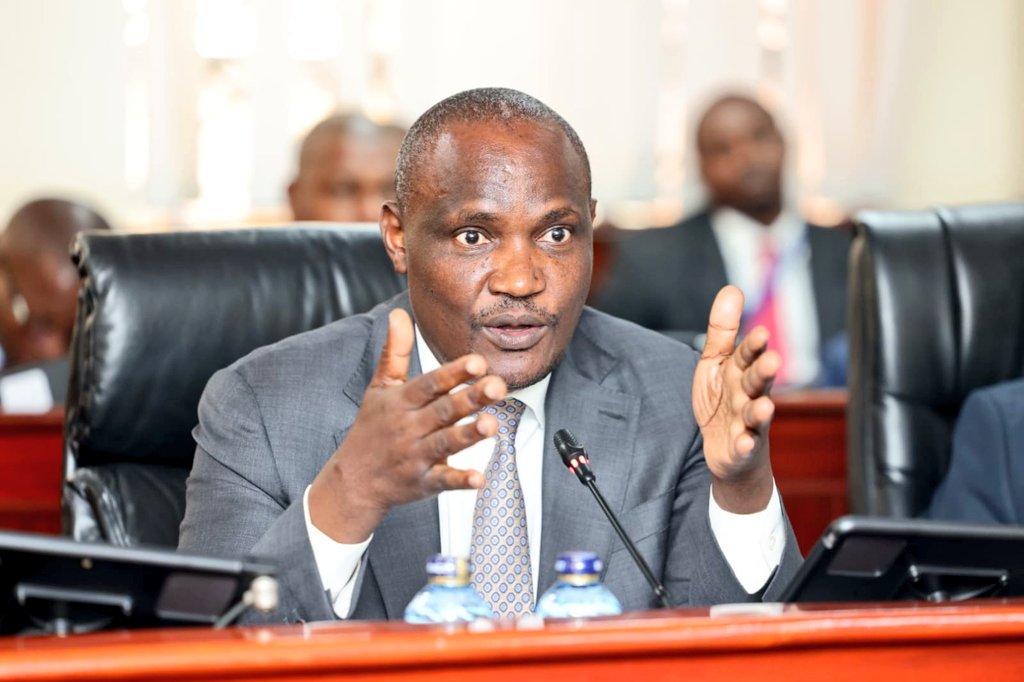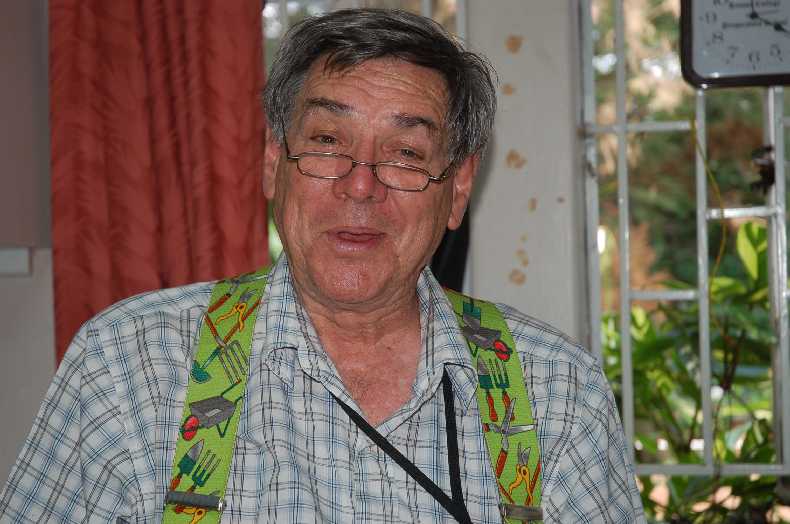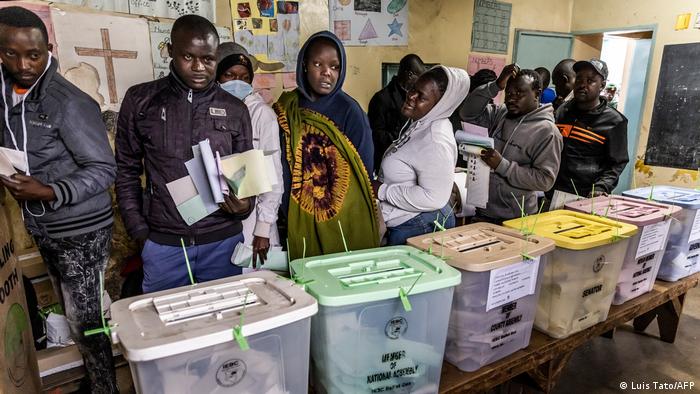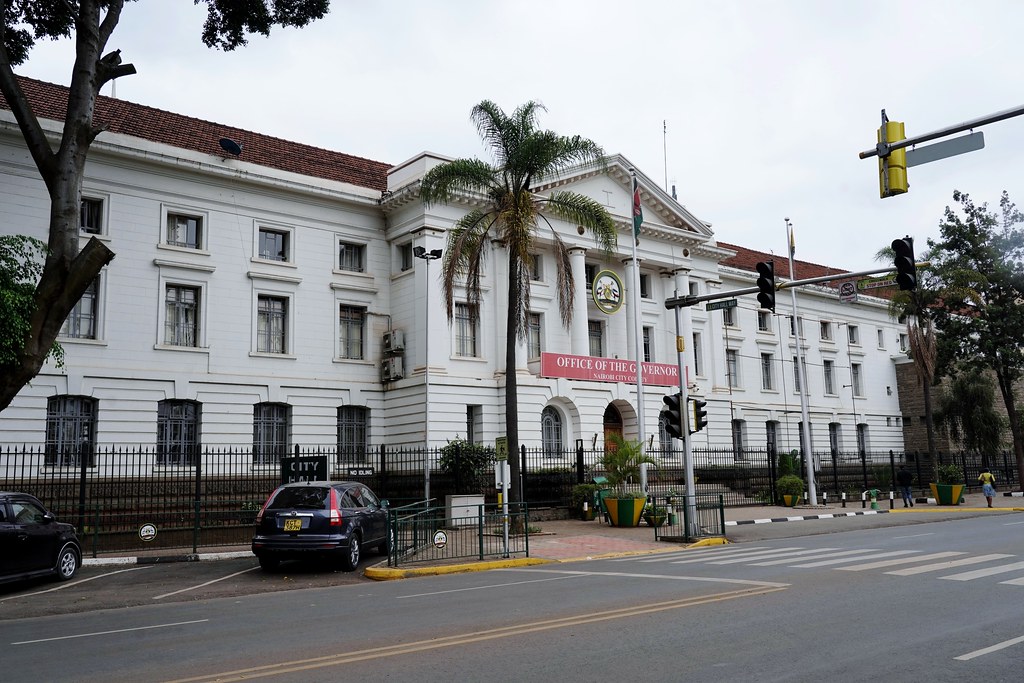Treasury targets Sh42 billion from parastatal surplus funds

National Treasury Cabinet Secretary John Mbadi revealed that many State agencies have been holding back billions by allocating surplus funds to planned capital projects.
The National Treasury has raised concern over a growing trend where regulatory parastatals are using accounting tactics to reduce the amount of surplus cash they remit to the government, even as it pushes to collect Sh42 billion by the end of June.
National Treasury Cabinet Secretary John Mbadi revealed that many State agencies have been holding back billions by allocating surplus funds to planned capital projects.
More To Read
- Six development authorities to be disbanded under government reform plan
- Court blocks state from proceeding with sale of 11 parastatals, including KICC
- Cabinet Secretaries announce fresh state appointments across various ministries
- Govt suspends procurement, printing of corporate wear by state organs
- Ruto orders 30pc budget cut for all parastatals, says loss-makers to shut down
“It has been noted with concern that some regulatory authorities are adjusting operating surplus by providing for capital expenditure to determine the 90 per cent to be remitted to the national exchequer,” Mbadi said in a circular to parastatal heads.
Regulators such as the Communications Authority, Capital Markets Authority, and Energy and Petroleum Regulatory Authority are expected to remit 90 per cent of their operating surpluses after covering salaries and other internal expenses.
But instead of surrendering the funds, some agencies invest in land, machinery, or government securities.
By May, regulators had invested Sh366.32 billion in government securities, an increase of nearly Sh89 billion from a year earlier, pointing to how cash-rich they remain while the Treasury faces revenue shortfalls.
The Treasury collected Sh32.94 billion from parastatal surpluses in the financial year ending June 2024 and now targets a 27.5 per cent rise in collections this year.
However, projections show a drop to Sh20 billion in the 2025/26 year, meaning this year’s target may be the peak of the drive.
President William Ruto has publicly criticised State corporations for treating public funds as private assets.
“The money that some parastatals make does not belong to their boards or management. It belongs to the people of Kenya as returns on investment,” he told parastatal bosses during a meeting at State House in October.
The directive to remit up to 80 per cent of net profits is now tied to the performance contracts of CEOs, making it a key benchmark for the year ending June 2025.
The government had expected a rise in non-tax revenue after revising fees for IDs, passports, and other services last year, but the uptake has dropped as Kenyans cut back on spending.
This has forced the Treasury to look inward for cash, with parastatals now under more scrutiny than ever before.
Top Stories Today













































